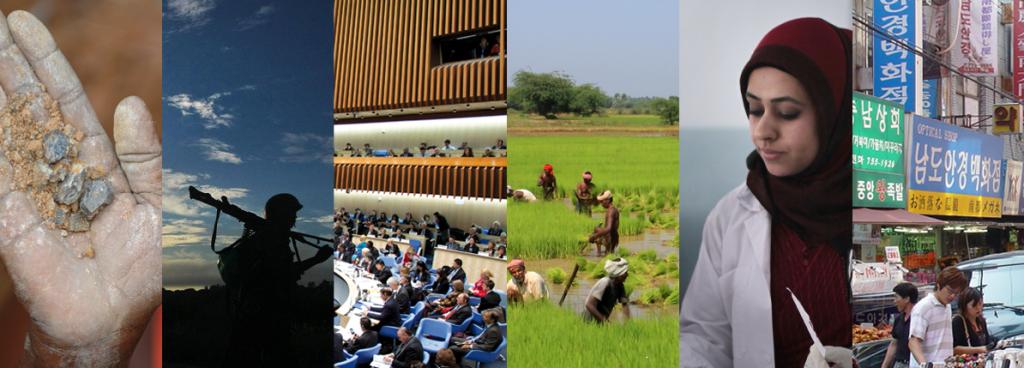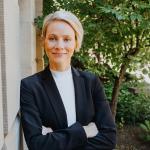Abstract
In this presentation, I develop an account of biofeminism: A political formation that seeks to root gender equity and women’s inclusion in a binary model of biological difference through the pursuit of the latter as an object of scientific knowledge and regulation. At the core of biofeminism is a commitment to the scientific pursuit of “biological sex” as a worthy end in of itself, one can be put to work in service of women and which is believed to be a fundamental condition of their inclusion in certain arenas. Yet with what consequences–-and at what cost––for the realization of gender equity? I examine two institutional domains where biofeminist activity has succeeded in shaping policies for women's inclusion and embedding a certain understanding of "sex" in regulation: international sport, and biomedical research in the United States (U.S.). In the former, the regulation of female athlete eligibility has attracted considerable scientific and human rights critiques in recent years. In the latter, the National Institutes of Health (NIH) has mandated consideration of sex as a "biological variable" in all basic and preclinical research, with far less institutional investment in pursuing gender as a social health determinant. In both cases, feminists have been divided over whether and how scientific notions of sex can and should be put to work in service of gender equity. I identify several key ontological, epistemic, and political dimensions of biofeminism: its commitment to the uniqueness of “sex” as a purportedly universal form of binary variation; the attempted anti-intersectional divorcing of “sex” from the complexities of gender, race, and nation that follows from this claim to universality; and the wielding of “sex” as justification not only for inclusion but also exclusion, as the case of sport so aptly demonstrates.

About the Speaker
Dr. Madeleine Pape is a sociologist and FNS Senior Researcher at the University of Lausanne where she is affiliated with the Institute of Sports Sciences, Centre for Gender Studies, and STS-Lab. She obtained her PhD in the Department of Sociology at the University of Wisconsin-Madison in 2019 and was a Postdoctoral Fellow at Northwestern University from 2019-2020. Her work examines feminist and scientific debates over biological sex and how claims about sex difference become part of gender equity projects in sport and biomedicine. Her work has been published in a range of leading journals including Gender & Society, Body & Society, Sociological Forum, and Sociology of Sport Journal. She has also shared her research in a wide range of media outlets and other forums including The Guardian, The Times, BBC Newshour, 1A, and PBS NewsHour. Previously, Dr. Pape competed internationally for Australia in the 800m, including at the 2008 Olympic Games.




